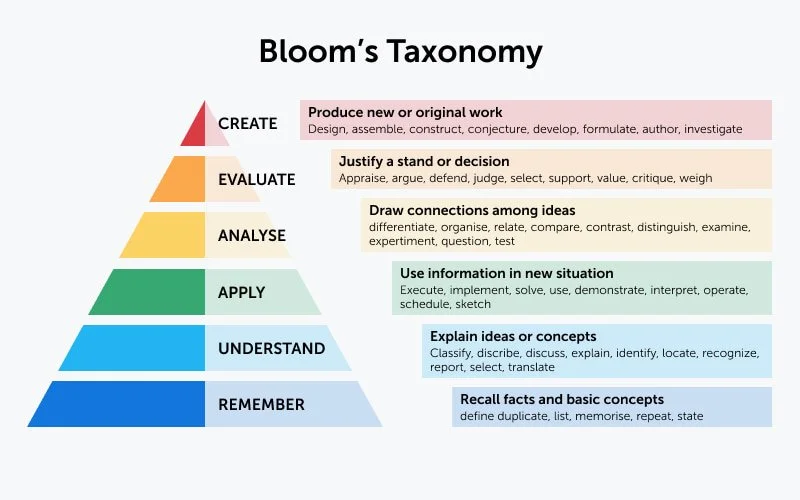The Ingredients of Mentoring
We recently onboarded our Spring 2024 cohort of mentees and spent some time sharing the ingredients of mentoring with them.
Here are the headlines:
A mentee always teaches back the content of what they’ve learnt – that strand is based on Bloom’s Taxonomy of Learning.
Mentees always give feedback to mentor on their delivery – this inverts the student/teacher narrative.
Mentoring gives students the illusion of choice – and engages their sense of ownership.
Mentors are trained to pick up on what mentees said at the end of the previous session.
Whatever mentors ask mentees to do in a session, whether it’s a story task or self-reflection, they do the same themselves.
Mentors are trained to speak to mentees like adults. We always say: ‘patronise at your peril’.
Mentors are trained not to sugar coat feedback. A mentee’s value as an independent source of support requires us to be honest in our appraisal.
Mentors are reminded not to underestimate their value to a student. We become like those we look up to.
Mentors are trained to always help mentees reflect. We learn deeply when experience is followed by reflection.
At Oppidan we always say - don’t be a hero. Acknowledge your fallibility. Humour mentees by revealing your weaknesses and then they’ll feel more comfortable admitting theirs.
Routine is routine. Mentoring relies on consistency; it's the only way to transform your promise into reality. This is why a similar approach is taken in every session and mentors are given regular CPD to ensure their practice is consistent.
No self-sabotage, please. Subscribing to a “can’t do” attitude is one of the biggest barriers to success.
Mentors endorse a growth mindset approach – “I can’t do that, yet”.


